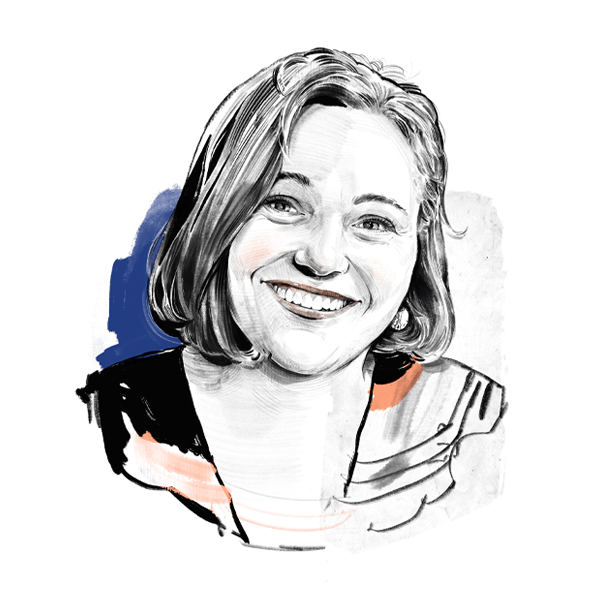Emily Singer commissions and edits scientist-written content and develops new resources for the community. She joined The Transmitter in 2023 and has previously held a variety of editorial roles at the Simons Foundation, including editor for neuroscience collaborations, and senior biology writer and contributing editor at Quanta Magazine. Before joining the foundation, she was biomedical editor at Technology Review.

Emily Singer
Chief opinion editor
The Transmitter
From this contributor
How insights from network theory can boost interdisciplinary efforts

Parents turn their skills to furthering autism research

Gender differences take center stage at autism conference
Education
- Certificate in science communication, University of California, Santa Cruz
- B.A. in biology, University of California, Santa Cruz
Fellowships
- AAAS Mass Media Fellowship
Explore more from The Transmitter
Neuro’s ark: Spying on the secret sensory world of ticks
Carola Städele, a self-proclaimed “tick magnet,” studies the arachnids’ sensory neurobiology—in other words, how these tiny parasites zero in on their next meal.

Neuro’s ark: Spying on the secret sensory world of ticks
Carola Städele, a self-proclaimed “tick magnet,” studies the arachnids’ sensory neurobiology—in other words, how these tiny parasites zero in on their next meal.
Autism in old age, and more
Here is a roundup of autism-related news and research spotted around the web for the week of 2 March.

Autism in old age, and more
Here is a roundup of autism-related news and research spotted around the web for the week of 2 March.
Lack of reviewers threatens robustness of neuroscience literature
Simple math suggests that small groups of scientists can significantly bias peer review.

Lack of reviewers threatens robustness of neuroscience literature
Simple math suggests that small groups of scientists can significantly bias peer review.